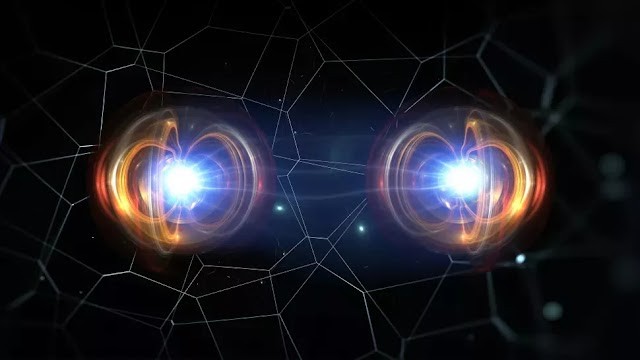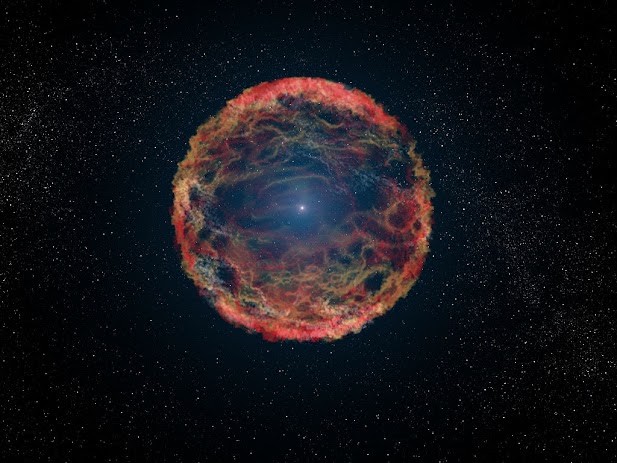
That’s not stopping one NASA engineer from testing theories around the EmDrive — a conceptual “helical” engine that could defy the laws of physics and create forward thrust without fuel.
Such a creation would allow us to travel the far reaches of space and would arguably be the most exciting technological advancement of the century.
What is the EmDrive?
Back in 2001, British scientist Roger Shawyer theorized that we could generate thrust by pumping microwaves into a conical chamber.
Shawyer suggested that the microwaves would, in theory, bounce exponentially off the chamber walls, creating enough propulsion to power a spacecraft without fuel.
Some researchers do claim to have generated thrust in EmDrive experiments. The amount was so low, though, that the detractors believe the thrust may have even been caused by outside influences. These could be seismic vibrations or the Earth’s magnetic field.
New Research
Over the last few months, several engineers and scientists have come out with contradictory positions on the EmDrive.
Some have claimed it’s impossible, while others continue to work at what might be a futile task, justifying their work by saying the payoff would be enormous.
The most recent of these is NASA engineer David Burns, as New Scientist reports.
“The engine itself would be able to get to 99 percent the speed of light if you had enough time and power,” Burns told New Scientist.
Article from Interesting Engineering





